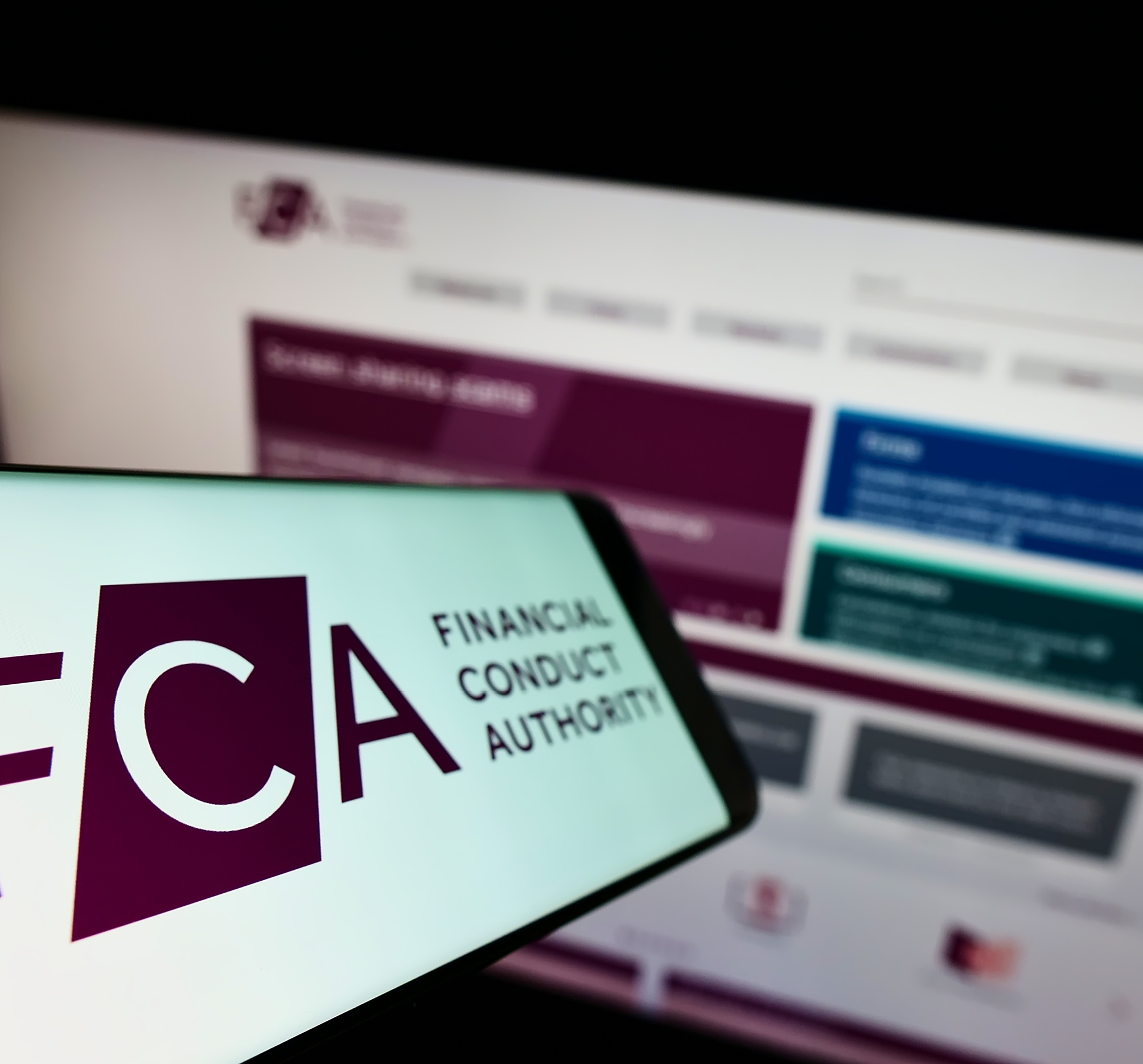People, Planet, Purpose: Introducing our new ESG strategy
7th February 2024

Just a few weeks ago, our new ESG strategy was launched by our ESG Director, Gillie Fairbrother. In this interview, we chat with Gillie about the making of Davies’ new ESG report: People, Planet and Purpose, and what her hopes are for the new approach to sustainability.
Hi Gillie! Congratulations on the launch of the new report—there’s no doubt been a lot of work that went into it. Please could you talk us through the process of designing the strategy?
Gillie: Hi, thank you! Of course. When starting out, it was incredibly important that we identified the material topics that would form the basis of our report. And while these are mostly industry relevant, rather than opinion-led, it was still important to me that we identified what was operationally relevant to our colleagues and stakeholders, and what they wanted to see Davies working towards. Our people are the key to our operations, so doing right by them is a non-negotiable to me.
This project was extremely large in scale, so I also worked alongside sustainability advisors, Eaglesfield, to conduct an in-depth internal audit, external analysis, and run workshops, to get an accurate view of current and emerging sustainability issues. Once I got a hold on these, we then looked to see where we thought Davies could help to bridge the gap and be most impactful. To do this, we identified material topics, and measured them up against Davies’ values and sustainability frameworks, evaluating them for risk and opportunity. From here, we were able to split them into themes and identify People, Planet and Purpose as the predominant ones that resonated with our values—these now make up the three core pillars in our strategy. There’s so much ground to cover when it comes to sustainability, so taking smaller steps that will make bigger impacts was key.
You touched on the three pillars of the strategy there. For anyone who may not have read the report yet, please could you introduce these and the goals you have for each of them?
Gillie: So, as I mentioned, our ESG goals for 2024 are categorised into three core pillars: People, Planet, and Purpose. Within each of these pillars, the goals are segmented into measurable objectives, to ensure we can track progress, and adjust these as we grow.
Starting with our People pillar, this houses our objectives that are all about advancing opportunity for all. To do this, we’re continuing to commit to inspiring and developing our people through key aspects, like fair pay and continuous training and development, and encouraging inclusive and diverse practices at all points of an employee’s journey. As well as this, we recognise how community investment projects, like the ones we run through our work with The Davies Foundation, can increase social mobility and provide opportunities for disadvantaged groups.
Our Planet pillar aims to tackle climate change and urgently reduce our organisational impact on the environment. The objectives that sit under this pillar address our goal to becoming carbon net-zero by 2050 and what we’re doing to achieve this, for example, setting our Science Based Targets, and assessing our sourcing options and engaging with our supply chain, as this is where most of our impact sits. We’re also dedicated to inspiring environmental gains through partnerships and engaging our peers to advance our sustainability goals.
Our Purpose pillar is there to keep us aligned with good governance practices, ensuring our culture and actions are always underpinned by our values and that they align with our ESG strategy. This includes setting objectives that help us to structure our leadership to help us reach our goal of sustainability, as well as continuing to operate responsible. For example, with regards to compliance with laws and regulations, with consideration for ethics, and of course, for sustainability. We also completed our first TCFD report in 2023 which enables us to assess climate risk on the business. This helps us to embed environmentally-related decisions into our overall business strategy.
Could you tell us a bit more about how you’ll be measuring the success of the objectives?
Gillie: Measuring our progress is crucial to success, because this is what marks the difference between performative action and intentional action. It’s easy to say our objectives are X,Y, and Z, but if you’re never going to implement ways to achieve them or have a way to assess progress in your target areas, it’s the same as taking no action at all. So, it’s absolutely crucial for us, and other organisations who are setting themselves ESG goals, that there’s a way to measure progress in the target areas.
That being said, sustainability shouldn’t be approached with a “one and done” mindset. A lot of the objectives you set in line with sustainability targets won’t have a final end point, and themselves need to be sustainable. For example, when it comes to improving inclusion and diversity within our organisation, we’ve recognised that there’s no end point—it requires continuous effort that we must keep nurturing. To ensure we’re implementing change that sticks, we’re avoiding setting aggressive goals that we can’t sustain, and focusing on creating a culture that will attract and retain diverse talent, and most importantly, that will encourage diversity of thought.
We acknowledge that the sustainability issues we face won’t always be the same as they are now, and that as the world and our business evolves, new challenges will crop up that need to be identified and included in our ESG strategy. To ensure we have a broad, up-to-date view of these, we plan to undertake a double materiality re-assessment and all-stakeholder survey within the next two years.
You’re going to be starting an ESG blog series. Could you tell us some more about this, please?
Gillie: Yes! This is a project I’m really excited about, as it gives me more space to talk about the important topics mentioned within our report.
For example, I think most organisations by now will know there is still a significant lack of diverse representation across many industries, particularly in senior and leadership roles, but do they know which particular minority groups are most impacted? Do they know how their industry compares to others with regards to this? Do they know how to open up opportunities to these disadvantaged groups, and how this can differ from group to group? Making space to discuss these sorts of things is central to fostering change, and I’m excited to get started. So, expect plenty more from me in the not-so-distant future!
Be sure to keep an eye on our blog and social channels to be the first to read Gillie’s monthly ESG blogs, where she’ll be delving into the ESG topics with the big impact potential. To find out more about our commitments as a responsible employer, visit the ESG @ Davies page on our website.
Related Articles
-
2023
Insurance complaints rose by 8% in 2022: How can insurance firms mitigate the risk of more customer dissatisfaction?
Rising volumes of complaints have long been a challenge for insurance…
-
2023
New FOS report show upheld insurance industry complaint rates now equal pre-pandemic levels
The Financial Ombudsman Service (FOS) annual report is an interesting read…
-
2023
Navigating the insurance landscape: The FCA's call for improved customer support and claims handling
The Financial Conduct Authority (FCA) holds a crucial position in the…


